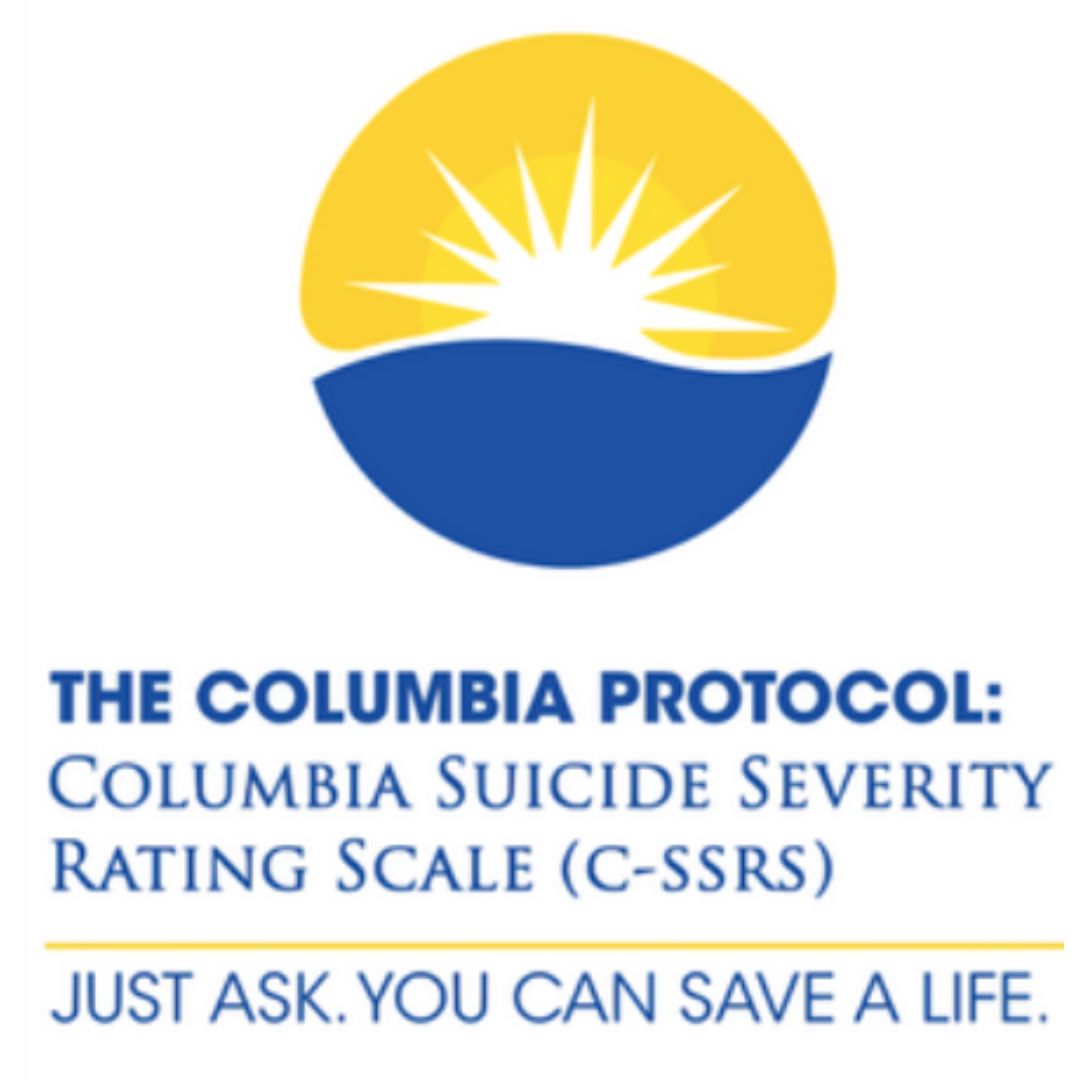Suicide Prevention
If you are in immediate danger of suicide, call USF Public Safety (415-422-2911), go to the nearest hospital emergency room, or call or text 911 (ask for a Crisis Intervention Trained officer). See these guidelines for calling 911 with a mental health emergency to help prepare yourself.
You can also use the following resources:
- 988 Lifeline
The Lifeline provides 24/7, free and confidential support for people in distress anywhere in the world. It also offers suicide prevention and crisis resources for you or your loved ones. Counselors serve people in 105 languages. The website also has a live chat option. - Crisis Text Line
Text HOME to 741741
www.crisistextline.org
From anywhere in the U.S. or Canada, text HOME to 741741 any time to text with a trained crisis counselor about any personal or mental health crisis. Communicate with a counselor on a secure online platform; the counselor will help you move from a hot moment to a cool moment.
For a POC-focused counselor, text "STEVE" to 741741 - CAPS All Hours Line
(855) 531-0761
If you are a USF student in crisis or in need of other immediate mental health support, call the CAPS All Hours line at (855) 531-0761 any time to speak with a professional therapist. The on-call therapist’s job is to assess your safety and consult with you to try to help. Consultations are confidential, with information being given only to the All Hours Line staff and CAPS staff in most cases. - The Trevor Project
Call (866) 488-7386 or text "START" to 678-678
The Trevor Project provides crisis counseling for LGBTQ+ young people (ages 13-24) by phone, text, and chat 24/7 - Trans Lifeline
(877) 565-8860
Trans Lifeline is a hotline run by and for trans people and provides trans peer support. Check the website for operating hours. - LGBT National Help Center
(888) 843-4564
Provides confidential peer support and resources as well as online peer chat support. Check website for operating hours. - National Graduate Student Crisis Line
(877)GRAD-HLP = (877) 472-3457
Graduate-student focused crisis line, 24/7.
Have Hope, Get Help. Please remember that suicidal thoughts are often a symptom of depression, and depression is treatable. Reach out for support from a trusted person or contact a therapist to discuss treatment options. To make an appointment at CAPS, call (415) 422-6352 or -6351 Monday through Friday, 8:30 am to 5:00 pm.
If the person is at immediate risk of suicide, tell them to call or text 911 (and ask for a Crisis Intervention Trained officer) or go to the nearest emergency room. If you are with the person, offer to take them to the ER, or you can call or text 911 or call USF Public Safety for them.
If you need advice about helping someone else, call CAPS during business hours at (415) 422-6352 or -6351 or CAPS All Hours 24/7 at (855) 531-0761. You can also call the Office of the Dean of Students at (415) 422-5330 during business hours or make a Red Folder/Student of Concern report, and the Dean's staff can reach out to the student.
If you are USF faculty or staff, visit the Guide for Faculty and Staff page for more information on how to support a student of concern.
Ways to Help
- ASK IF THEY'RE HAVING THOUGHTS OF SUICIDE. In a private setting, ask the person if they are having thoughts of killing themselves. (This will NOT increase their risk of suicide.)
- LISTEN. Listen without interrupting or judging. Someone having thoughts of suicide sees suicide as a solution to an unsolvable problem; they don't see suicide as the problem itself. It may be scary to hear their thoughts, but listening with compassion can help.
-
ASK IF THEY ARE WILLING TO GET PROFESSIONAL HELP. Encourage them to get professional support. If they refuse (and are a USF student), let a USF staff or faculty member know.
-
HELP THEM MAKE AN APPOINTMENT. During business hours, the Associate Dean of Students (415-422-5330) can help a USF student schedule an appointment with a local therapist, or you can have the student call CAPS (415-422-6352/-6351). CAPS will talk to a student who is in crisis the same day.
-
SHARE 24/7 SUPPORT RESOURCES. Two resources are the National Suicide Prevention Lifeline (800-273-8255), which provides free, confidential support by phone, and the Crisis Text Line (text HOME to 741741), which provides text support from trained volunteer counselors. USF affiliates can also call CAPS' All Hours (855-531-0761) 24/7 for support. (Crisis services and additional resources are listed here.)
-
FOLLOW UP. Check in with the person by text, phone, IM, or face to face to see how they are doing. Consider getting together (if COVID safety guidelines allow), or send a card to let them know you care and are thinking of them.
Suicide Warning Signs
- Verbalizing a desire to die or kill themselves; e.g., "I want to kill myself," “My family would be better off without me," "I won't be around much longer," "I can't go on."
- Prolonged depression (low mood, fatigue, hopelessness, sleep and appetite problems, isolation, not enjoying or engaging in activities they used to like). Depression is treatable with psychotherapy and/or antidepressant medication, which means that most suicides are preventable.
- Alcohol and/or drug abuse.
- Sudden behavior changes.
- Giving away prized possessions.
- History of suicide attempts in self or loved ones.
Additional Resources
SUICIDE PREVENTION TRAINING
If you and/or your organization would like training in suicide prevention, contact CAPS to schedule a 90-minute QPR (Question, Persuade, Refer) Gatekeeper Certification training. Read more on our QPR page.
ADDITIONAL INFO
Check out the page Suicide and Prevention from the Anxiety and Depression Association of America (ADAA):
"Both depression and anxiety carry a high risk of suicide," says Mark Pollack, MD, ADAA President and Grainger Professor and Chairman, Department of Psychiatry at Rush University Medical Center. "More than 90 percent of those who commit suicide have a diagnosable illness, such as clinical depression, and often in combination with anxiety or substance use disorders and other treatable mental disorders."

This multi-media app features coping skills for distraction and relaxation as well as reasons for living and crisis phone numbers. Designed for individuals with depression and suicidal thoughts, and offered in several languages.

Worried that someone you know is suicidal? This evidence-supported app will coach you to ask 6 key questions to determine risk and learn how to help.